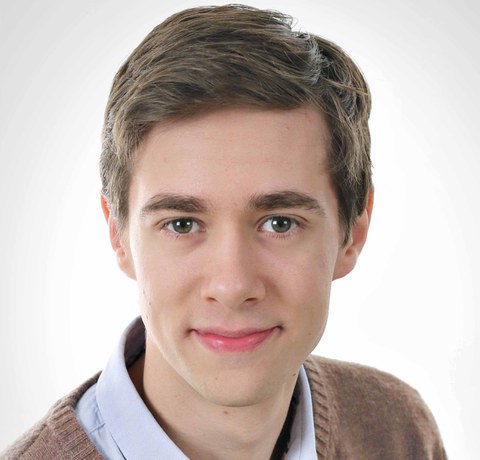Aug 16, 2024
Poly-sulfur as a basis of evolutionarily conserved antioxidant system in eukaryotes
Abstract:
Understanding of the biological functions of hydrogen sulfide (H2S) and related derivatives polysulfides (RSSH) has rapidly advanced in recent years. It became clear that poly-sulfides exist ubiquitously in cells of all three branches of life at up to 100 µM levels. Recent studies have shown that supersulfides have potent anti-oxidative and cytoprotective properties. Most recently, endogenous persulfides were shown to protect cells from lipid peroxidation by scavenging free radicals and protect against lipid peroxidation-driven cell death (ferroptosis). Since polysulfide metabolism was evolutionary precessing oxygen metabolism, it well can be that the polysulfide-
based antioxidant system is the evolutionary first antioxidant system and that is still being conserved and used in modern organisms.
This seminar will cover the new aspects of redox chemical biology that are governed by redox-active sulfur-containing molecules, with a special focus on their involvement in the antioxidant system.
Bio:
Uladzimir has received a Diploma with distinction in Pharmaceutical Chemistry in Minsk, Belarus. In Minsk, he specialized in free radical chemistry under the supervision of Oleg Shadyro. He then obtained a fellowship to pursue a Master’s course in molecular spectroscopy at Lille1 University in France and Leipzig University in Germany under the supervision of Maria Fedorova. For his PhD, he obtained a Helmholtz fellowship and joined the lab of Tobias Dick at German Cancer Research Center in Heidelberg, Germany. For his PhD thesis, he was awarded The Richtzenhain Doctoral Prize. After finishing his PhD, Uladzimir joined the lab of the pioneer of sulfur redox biology Takaaki Akaike in Sendai, Japan as a Humboldt-JSPS fellow. In the summer of 2024, Uladzimir joined the
Max Plank Institute of Polymer Research as a Group Leader.
Uladzimir’s research is focused on the role of supersulfides in cellular free radical reactions and ferroptosis. In his lab, Uladzimir will study the biochemical properties of supersulfides to understand their contribution to the human antioxidant defense system.

